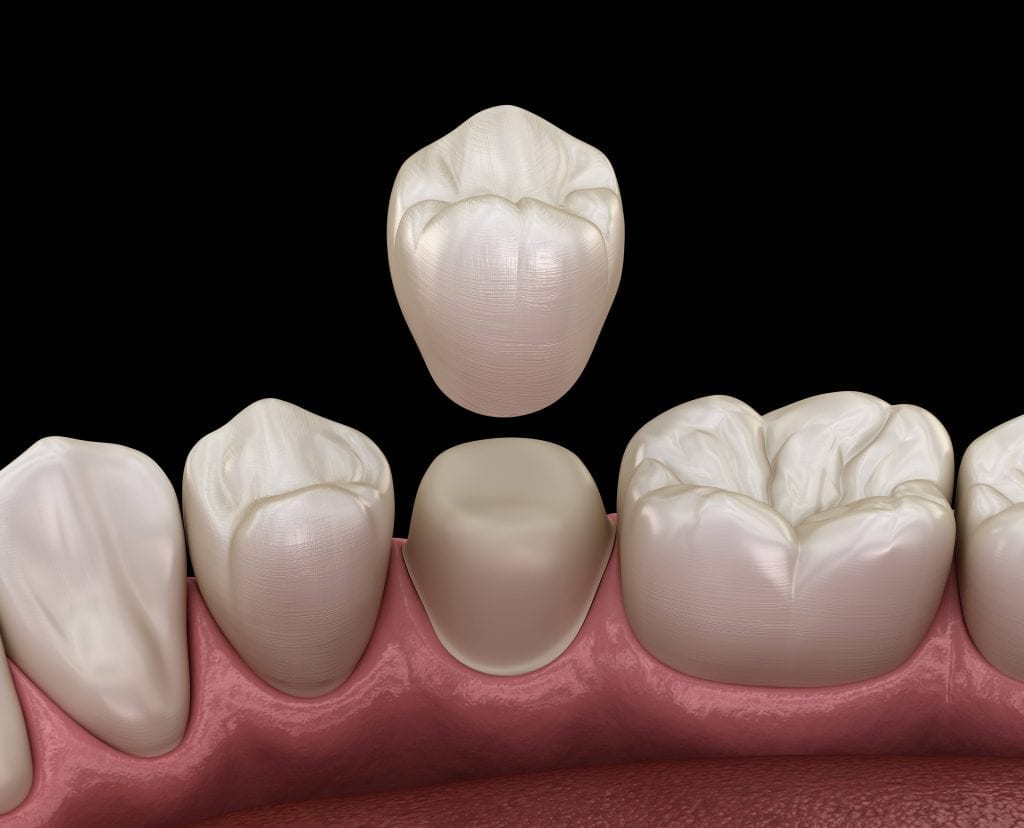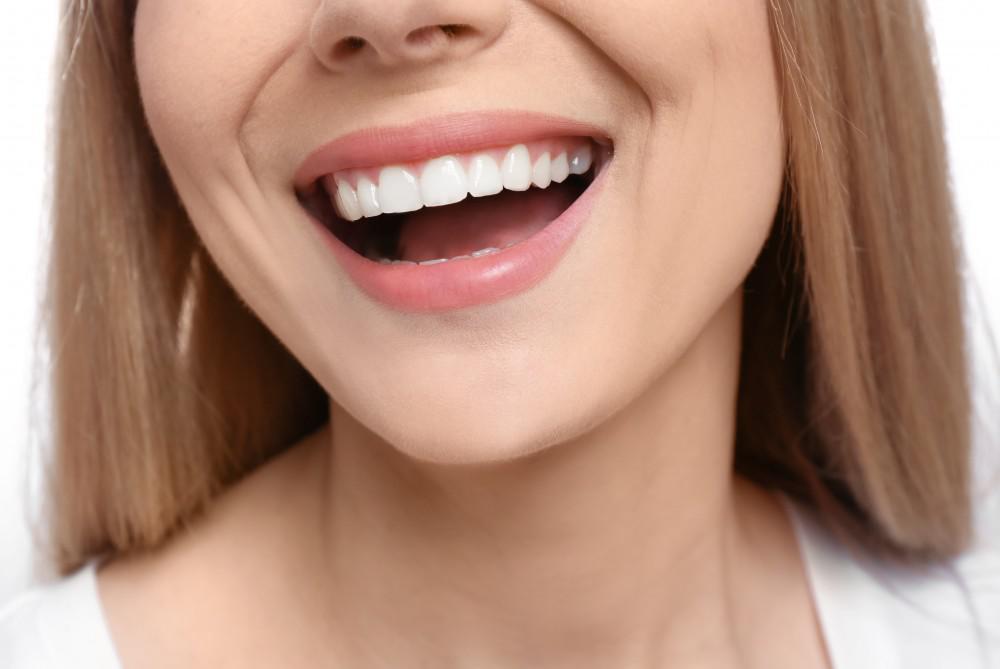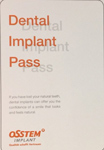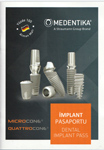Zirkonia-Kronen neigen dazu, weniger Stress und Schäden an den Gegenstücken zu verursachen als ihre Gegenstücke aus Porzellan. Zirkonoxid ist ein neueres Material für restaurative Zahnbehandlungen.
What Is a Zirconia Crown?
It's a type of ceramic — or, in more specific terms, a zirconium oxide — that's stronger than porcelain and some metal alloys, and it gets fewer sharp edges from the normal "wear and tear" that happens over time.
Zirconia crowns tend to cause less stress and damage on opposing pieces than their porcelain counterparts.

Zirconia Crown Advantages
Zirconia is the most durable monolithic ceramic, which is a ceramic made without added materials. When comparing it to glass ceramics and dental composite, zirconia is more split-resistant, stiffer, and stronger.
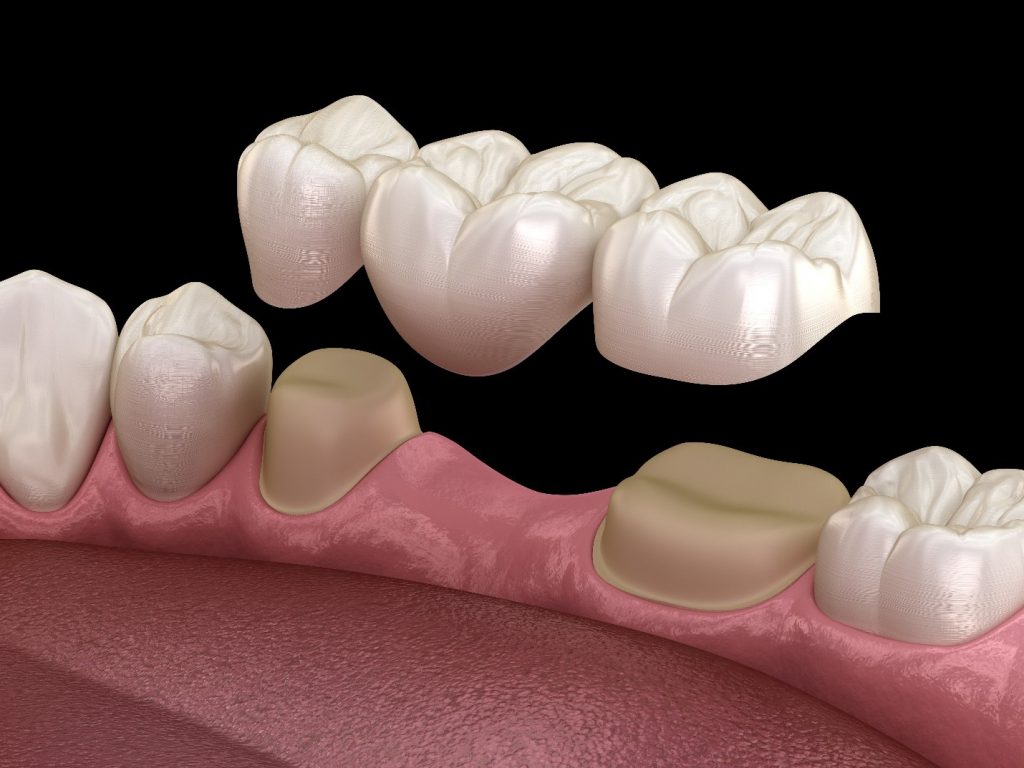
These properties hinder cracking and chipping, both on the surrounding teeth and the one underneath the crown.
Zirconia has a better shielding capacity that can take higher loads without compromising the integrity of your smile.
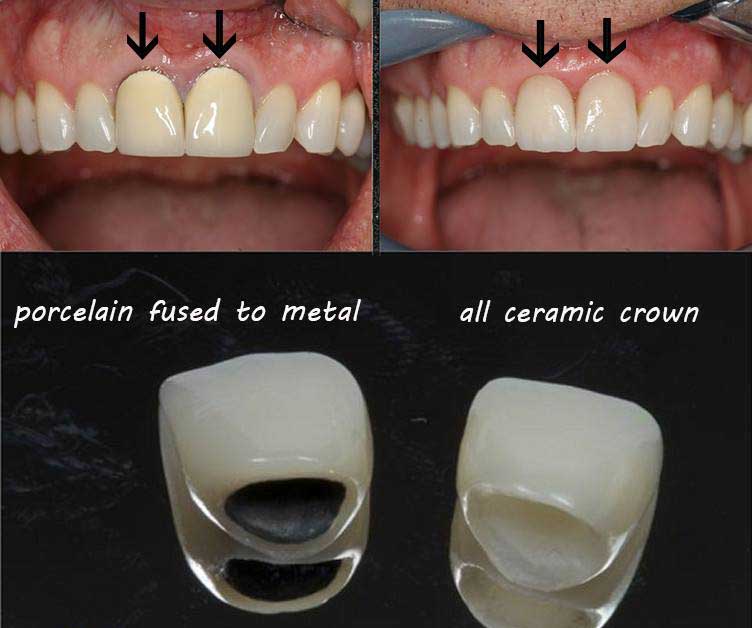
Zirconia Crown Disadvantages
Although durable and gentle with other teeth, zirconia crowns have a couple of disadvantages. The material by itself isn't easy to match with your real teeth. It requires coating it in other material blends to give a more natural look.
According to a recent survey by the American Dentist Association, 57% of dentists have found this mineral to have translucency issues. Over 50% of respondents complained about debonding problems as well.
